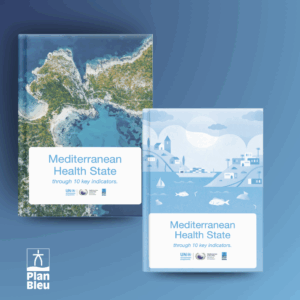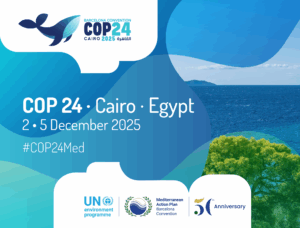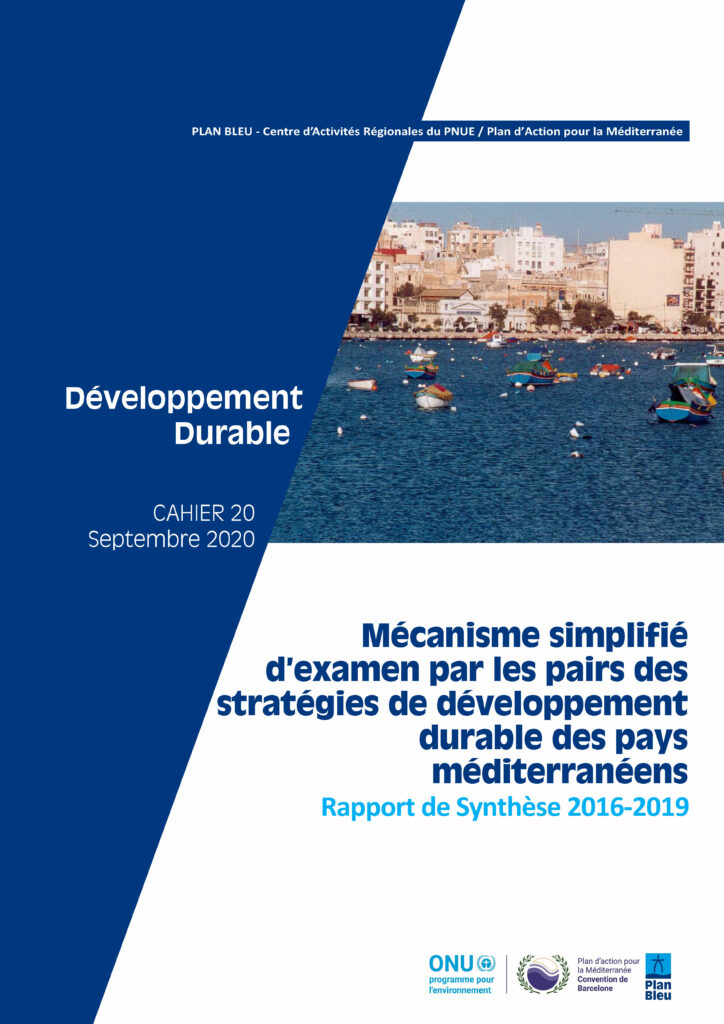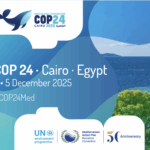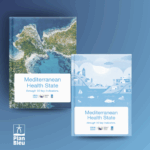Based on a voluntary principle and equal participation for involved Contracting Parties, the Simplified Peer Review Mechanism (SIMPEER) aims at fostering dialogue between Mediterranean countries for a mutual improvement and learning process on National Strategies for Sustainable Development (NSSDs). In the framework of the Mediterranean Strategy for Sustainable Development 2016-2025 (MSSD 2016-2025), the SIMPEER was decided by the Contracting Parties of the Barcelona Convention during their 19th Ordinary Meeting (Athens, Greece, February 2016) as a framework for mutual learning and improvement from past experiences and other national approaches on sustainable development. The SIMPEER seeks to establish within an agreed methodology the exchange of experiences, policies and good practices on implementing sustainable development at national level, as opposed to creating a scrutiny framework between reviewers and countries under review. This peer review mechanism also contributes to the ownership, implementation and monitoring of the MSSD 2016-2025.
The Simplified Peer Review Mechanism (SIMPEER) is a process to exchange experience, policies and good practice on implementing sustainable development at national level between the Barcelona Convention Contracting Parties, i.e., the 21 countries bordering the Mediterranean Sea. Simple, effective and efficient, SIMPEER was inspired by existing peer review mechanisms:
• simple, because it requires a two to three-person project team to facilitate the analysis of strategic documents from the participating countries, draft national reports, and foster dialogue between peer countries;
• effective, as the countries commit: (i) to take part both as reviewers and reviewees, using a methodology approved at the outset of the exercise, (ii) to gather the information necessary to analyse national strategies for sustainable development (NSSDs), (iii) to mobilise stakeholders to consult and dialogue with during country missions;
• efficient in terms of resulting benefits for the countries in relation to the means used and delivery deadlines.
It represents an important tool to enable NSSDs review in line with the MSSD 2016-2025 and as a contribution to the global Agenda 2030 and its Sustainable Development Goals (SDGs) specifications. SIMPEER is an incentive and opportunity to gather and summarise strategic documents and research undertaken by a country, not just as part of 2030 Agenda and its SDGs but also as part of other thematic conventions and agreements (e.g. climate, biodiversity, desertification, pollution, etc.).






